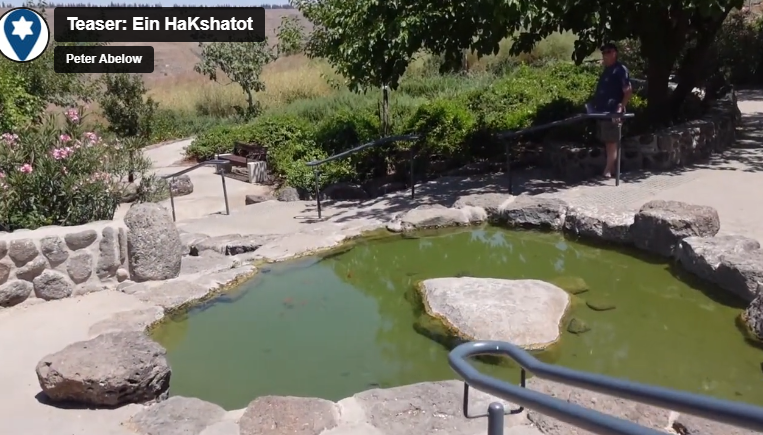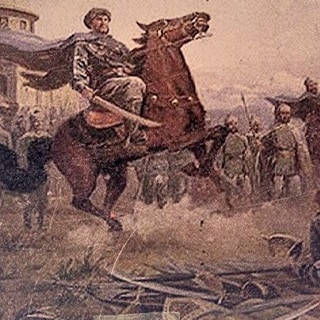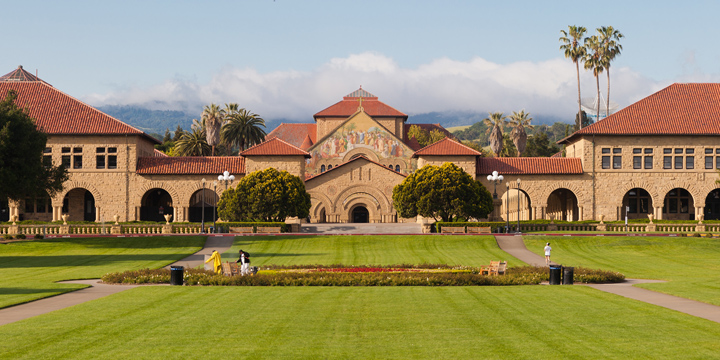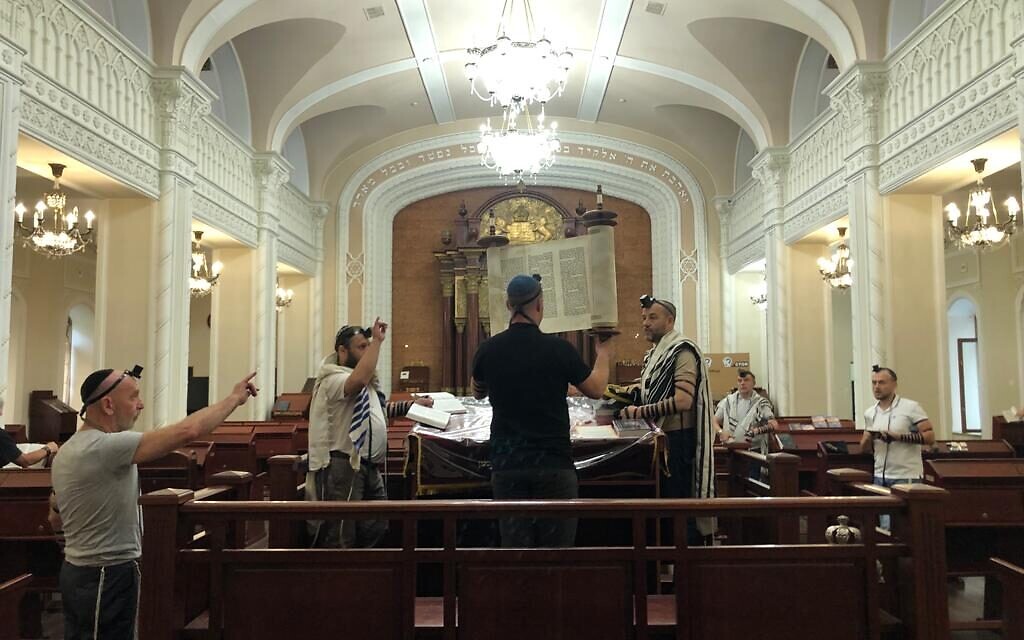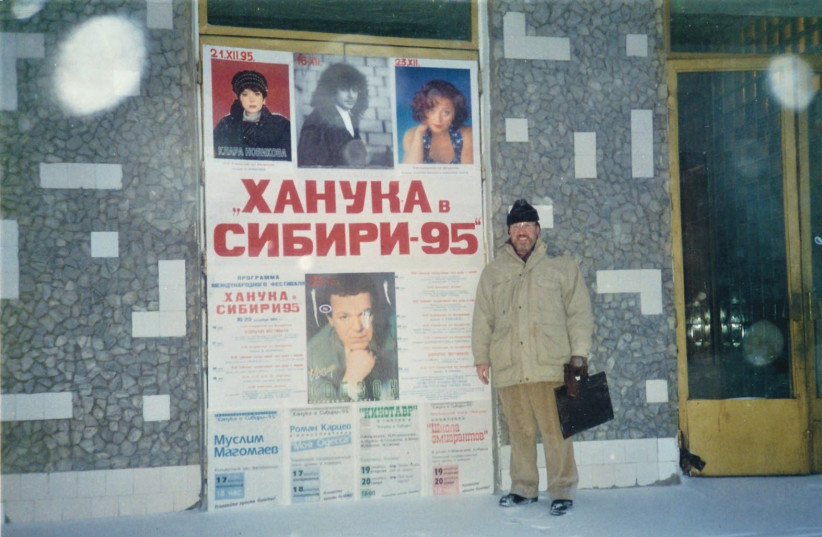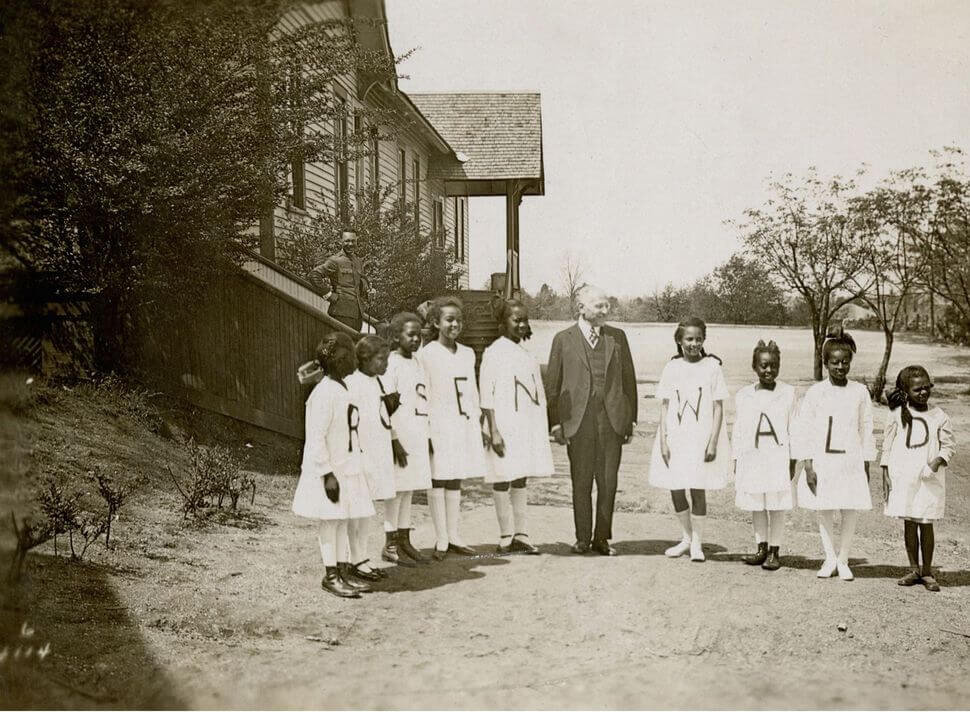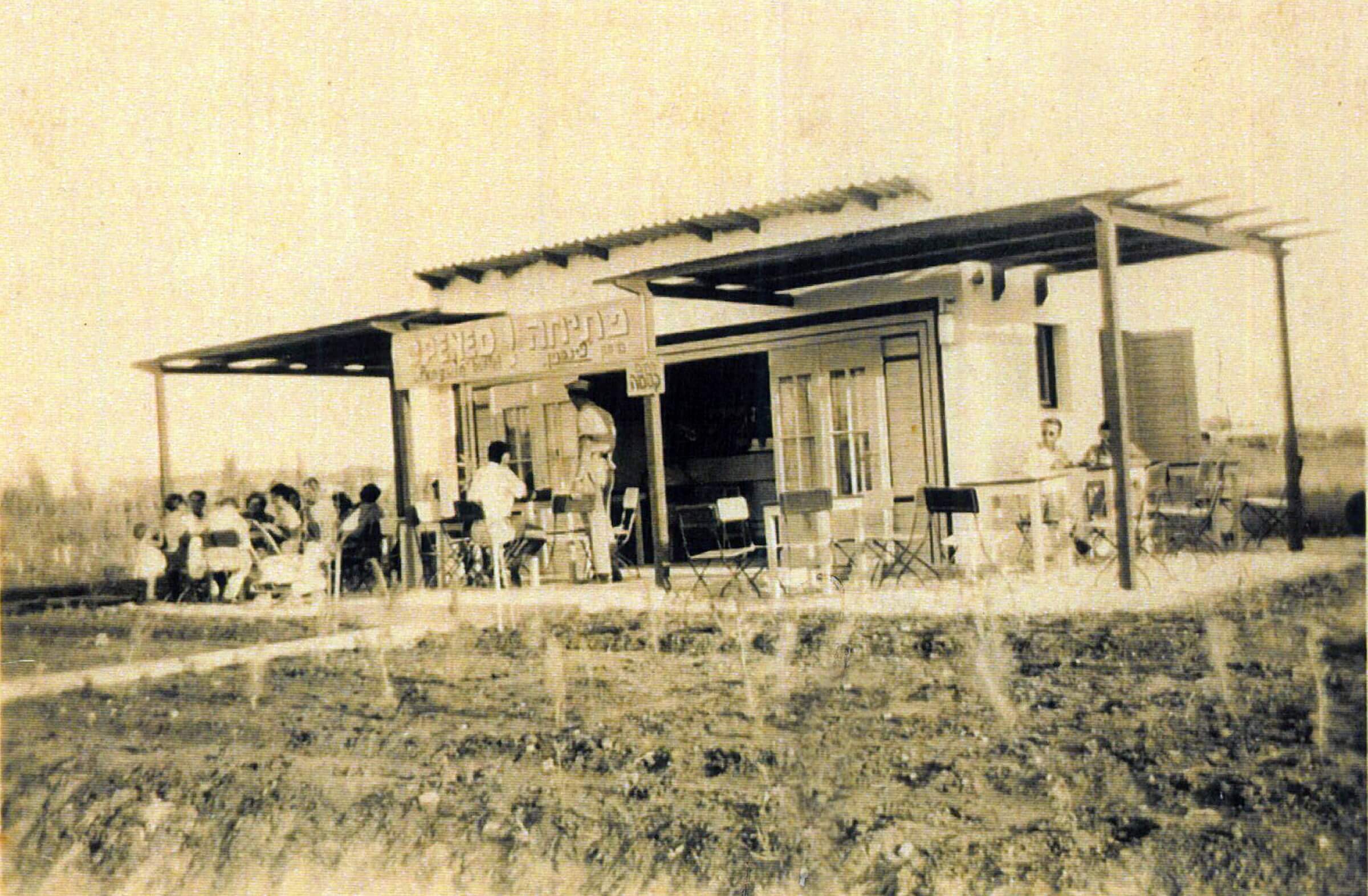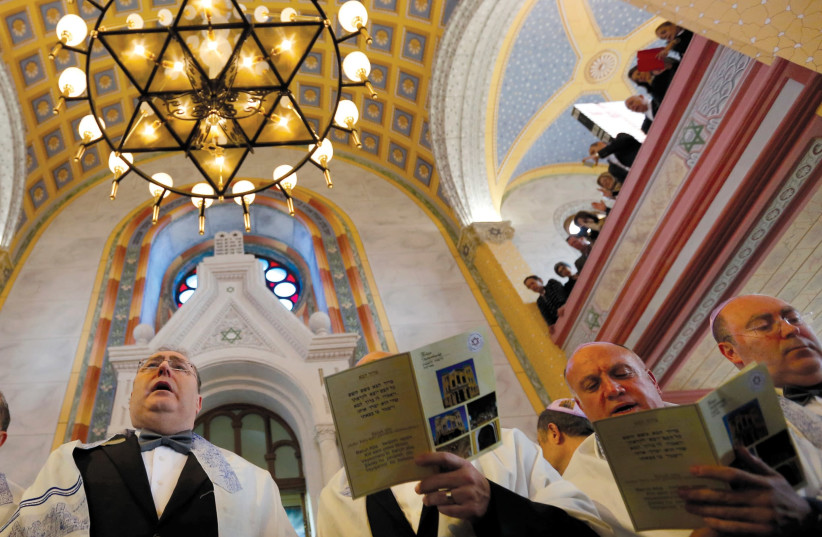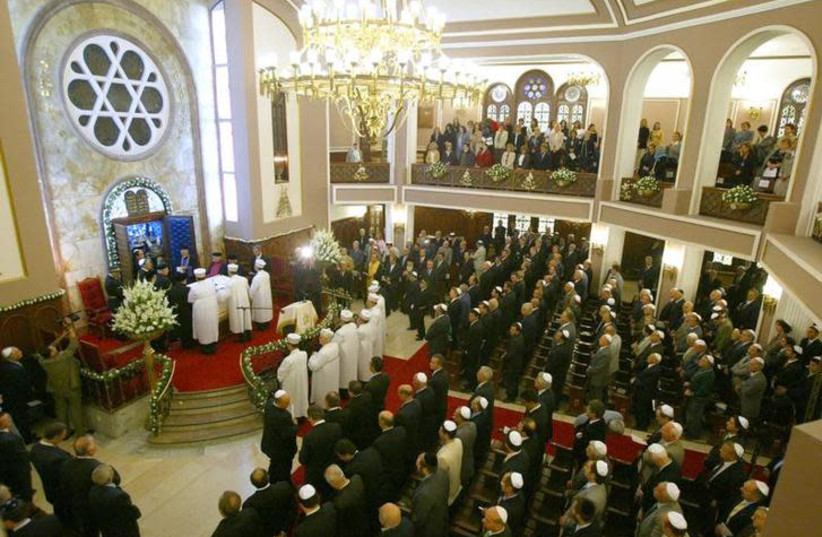Sixties Fan
Diamond Member
- Mar 6, 2017
- 67,531
- 12,062
- 2,290
- Thread starter
- #201
The heavily Jewish town of Surfside, Florida, passed a resolution last week establishing a twin city relationship with the Samaria Regional Council.
Passed by a 5-0 margin, the partnership encompasses some three dozen Jewish communities and will honor Samaria Regional Council Chairman Yossi Dagan with a ceremonial key to the town.
Surfside’s first Orthodox Jewish mayor, Shlomo Danzinger, told JNS the move was motivated in part by a desire to thank Israel for its help in the search and rescue operation at the site of the collapse last year.
(full article online)

 unitedwithisrael.org
unitedwithisrael.org
Passed by a 5-0 margin, the partnership encompasses some three dozen Jewish communities and will honor Samaria Regional Council Chairman Yossi Dagan with a ceremonial key to the town.
Surfside’s first Orthodox Jewish mayor, Shlomo Danzinger, told JNS the move was motivated in part by a desire to thank Israel for its help in the search and rescue operation at the site of the collapse last year.
(full article online)

Surfside, Site of Florida Condo Collapse, Establishes Twin City Relationship with Samaria | United with Israel
Florida town’s first Orthodox Jewish mayor, Shlomo Danzinger, told JNS that he wanted to thank Israel for its assistance in the search and rescue mission last year.

